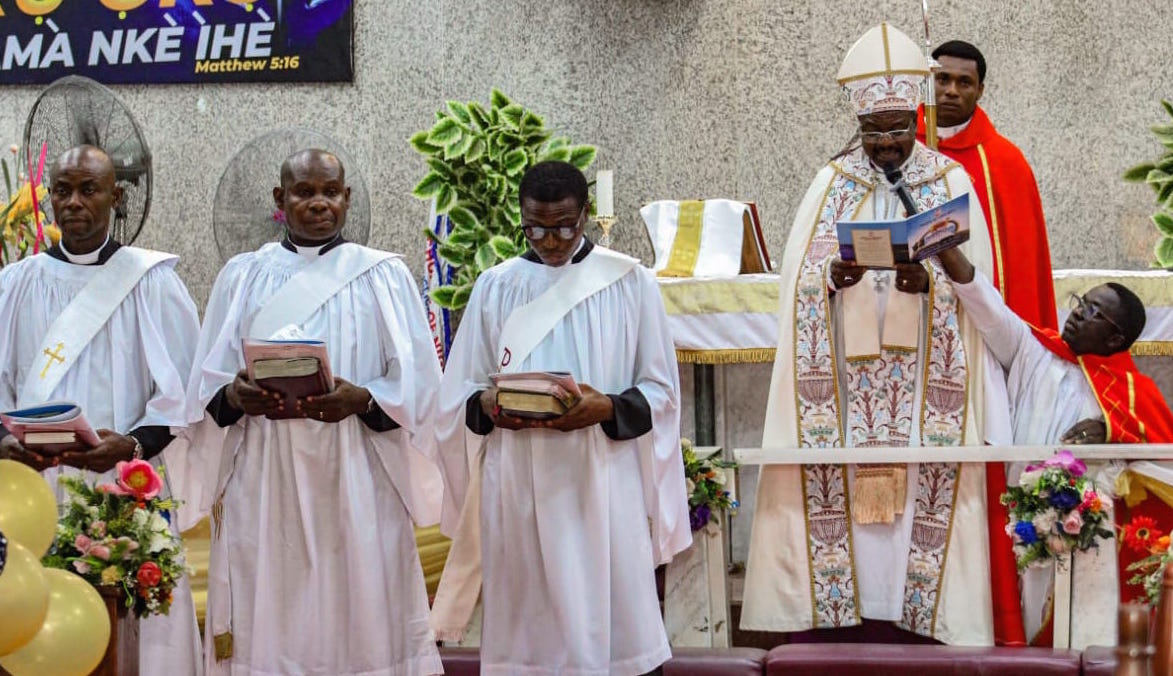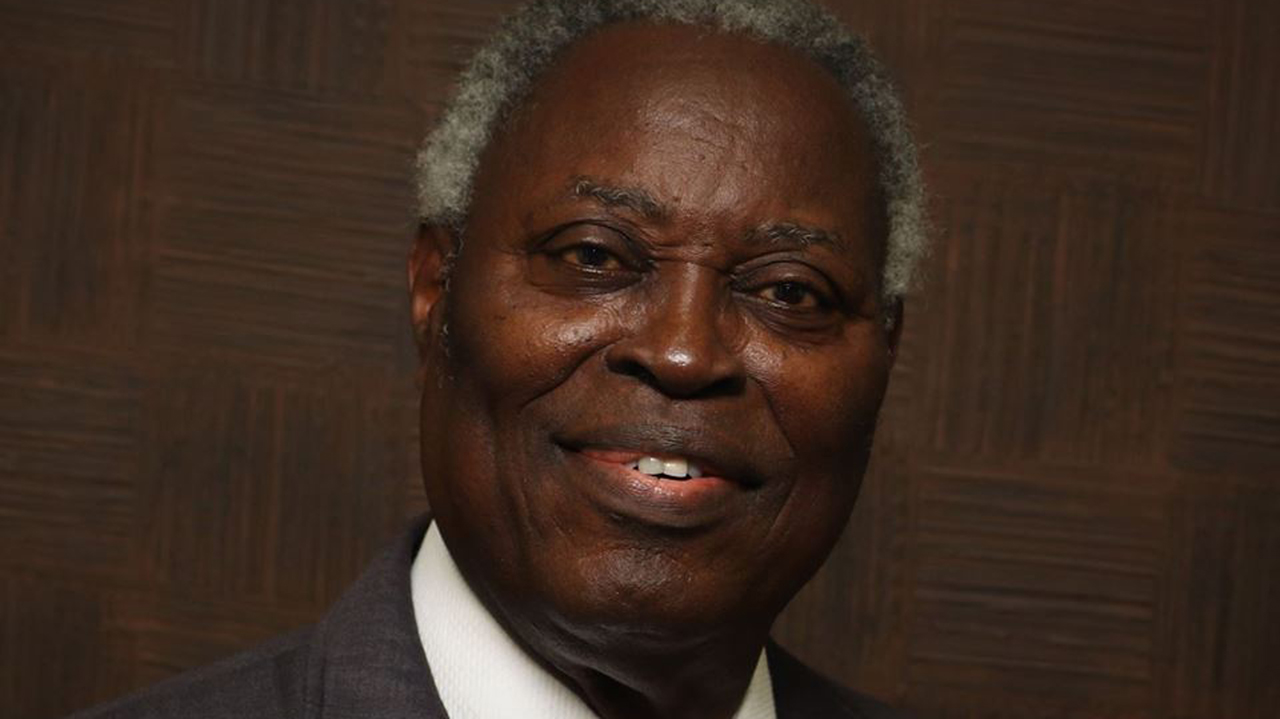THREE men reputed for their deep faith – Isaac, Jacob and Joseph – are frequently and favourably mentioned in the Scripture. Their faith, especially at the hour of death, is presented as a model. They had believed God, the God of Abraham, from childhood; they walked with God, through many tests, troubles and trials by faith, and they all exhibited strong faith in God. At the end of their lives, the greatest thing each of them bequeathed to their children was the promise of God, not material possessions. The record in the book of Genesis reveals much on the lives of Abraham, Isaac, Jacob and Joseph. Of these four men, Isaac lived the longest. Yet, less is recorded about him than any of the others. Thirteen and half chapters are devoted to the life of Abraham, two and half chapters devoted to the life of Isaac, eight chapters devoted to the life of Jacob, while 14 chapters are devoted to the biography of Joseph. Yet, a common thread that runs through their lives is their faith in God – faith at the beginning, faith during their long fruitful lives, and faith at the end of their lives, permitting them to enter into eternal fellowship with God.
The presence of God was real with each of the men whose faith we are discussing today. To Isaac, God said, “I will be with thee, and will bless thee” (Genesis 26:3,4). To Jacob, God said, “Behold, I am with thee… I will not leave thee, until I have done that which I have spoken to thee of” (Genesis 28:15). Concerning Joseph, we are told, “And the LORD was with Joseph” (Genesis 39:2). Their faith held firmly to the Word and promise of God. Jacob, the younger son of Isaac, was blessed above Esau, his elder brother. Jacob had dominion through faith. Isaac actually thought of pronouncing the blessing of Abraham on Esau. When he learnt of what Jacob had done, how he had received the blessing instead of Esau, “Isaac trembled very exceedingly” (Genesis 27:33). Then he said, “I have blessed him, yea, and he shall be blessed” (Genesis 27:33). The spirit had dominion over the flesh. Isaac allowed God’s will (Genesis 25:22,23) to have dominion over his natural desires and affection for Esau. Isaac had dominion through faith.
The Lord had spoken to Rebekah and she believed. However, when she learnt that “the blessing” was to be mistakenly given to Esau, she planned a scheme of deception to accomplish God’s purpose! God does not need our deception to fulfill His purpose. He could easily have put the right word in Isaac’s mouth (Exodus 4:12; Numbers 22:28; Deuteronomy 23:5; John 11:49-52; Acts 5:34-39). Their sin and deception did not go unpunished, but God intervened to confirm the birthright on Jacob. Isaac said, “I have blessed him, yea, and he shall be blessed”. That was the language of faith overcoming his natural partiality for Esau. Though “there are many devices in a man’s heart; nevertheless the counsel of the LORD, that shall stand” (Proverbs 19:21). Even the tears of Esau neither moved Isaac nor changed his mind. Now that Isaac remembered the Word and the plan of God, he was as firm as a rock. The blessing of Abraham was given to Jacob. With the passage of time, God was to become identified as “the God of Abraham, the God of Isaac, and the God of Jacob” (Exodus 3:15; Matthew 22:32). While the three men had dynamic faith in common, the case of Isaac shows dying faith triumphing over the affections of the flesh; that of Jacob teaches dying faith overcoming the interference of man; while that of Joseph reveals dying faith exalting the promised land above Egypt and the world.
“By faith Jacob, when he was a dying…” (Hebrews 11:21). To manifest faith at the point of death, we must have been exercising faith continually, while we are still alive. The leading feature of the faith of dying Jacob is seen in the blessing of Joseph’s two sons. When Joseph brought his two sons before Jacob to receive his final blessing, he placed Manasseh the elder, to his right hand, and Ephraim the younger to his left. His reason was that Manasseh would receive the greater blessing. But crossing his hands, Jacob gave the greater blessing to Ephraim, Joseph’s younger son. When Joseph sought to dissuade him, Jacob stood his ground. “And his father refused, and said, I know it, my son, I know it” (Genesis 48:19). By faith, therefore, Jacob turned down the desire of his beloved son, Joseph. What a great lesson for us. There are times that our faith has to refuse to grant the wish and will of a loved one. The final word concerning Jacob in Scripture shows him as being full of faith and dedicated in worship. “By faith Jacob… blessed… and worshipped” (Hebrews 11:21). What a happy ending on earth!
At the early age of 17, Joseph was sold into slavery in a foreign country, a heathen land. For many years, he was surrounded by idol-worshippers. There was no contact with a single true believer. There was no fellowship for spiritual encouragement. Yet, he kept the faith! He believed the Word from the Lord, which he had received as a teenager.






